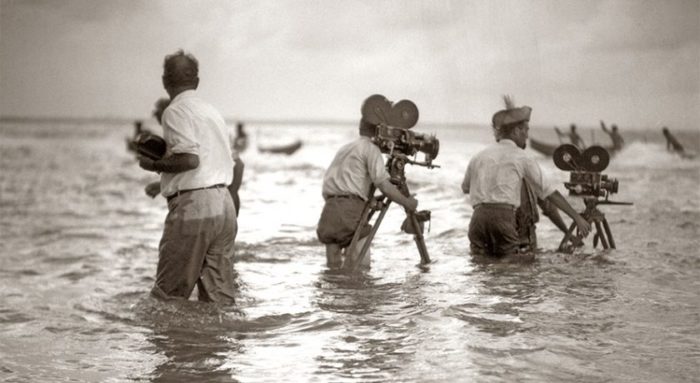
*Saville’s Executive Producer Rupert Maconick discusses how socially-conscious films and documentaries can make a big impact*
Corporate responsibility is an essential part of good business. Today, all types of brands are looking for new ways to promote their socially-conscious beliefs and practices.
Two commendable examples from earlier this year come to mind. In January, when an executive order suddenly clamped down our borders, Lyft donated $1 million to the ACLU, and Airbnb offered free housing to refugees who were stuck in limbo. As a result, both companies stirred up a wealth of positive PR.
The reason why these gestures are so successful is because consumers overwhelmingly support brands that do good. This is especially true of millennials. According to a recent Brookings report, roughly 90 percent of young people favor brands that are committed to good causes.
The next step for brands like Lyft and Airbnb is to connect their mission to strong narratives. And today, film and television are the most impactful narratives we have. In fact, right now there is no format more popular and cost-effective than the social issue documentary.
However, not any old attempt at positive messaging is going to fly with consumers. Today’s audiences demand authenticity and are well-equipped to sniff out fraud. As we saw with Pepsi, brands that try to co-opt serious issues are in for a world of hurt and no small amount of ridicule.
The key to avoiding a PR disaster like the recent Pepsi ad is authentic storytelling.
Instead of paying for inauthentic digital ads, brands like Pepsi could invest the same amount of money in a feature-length documentary that authentically explores an issue of their choice, whether it’s Black Lives Matter, immigration, or the global refugee crisis. To further support their cause, brands can then donate to the ACLU or other relevant organizations.
Continue reading on Adweek.


